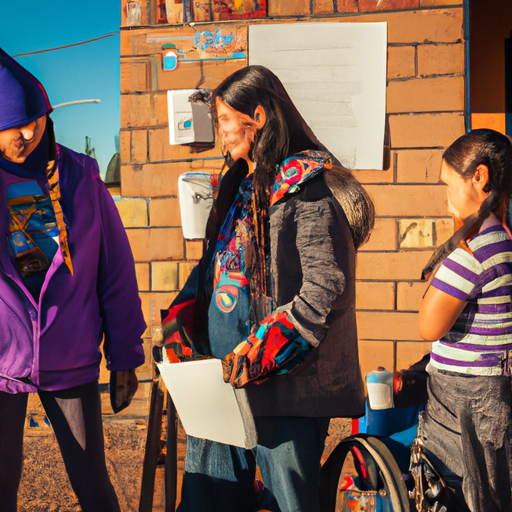Addressing the Opioid Crisis in Canadian First Nations Communities
A new report on APTN News highlights an initiative in action in a small First Nations community in Alberta, Canada, which aims to address some of the devastating effects of the ongoing opioid crisis. See the full report at APTN News.
Opioid Crisis in First Nations Communities
It’s essential to acknowledge that the opioid epidemic is rampant in marginalized communities, particularly in First Nations populations. In such societies, the opioids crisis has devastating effects, including increased homelessness and crime rates and untimely deaths.
The Impact
It is not breaking news that opioids are dangerous. The opioids crisis has been linked to a rise in homelessness and crime, specifically in marginalized communities. Opioid addiction disrupts lives, often causing users to lose their homes. This situation subsequently leads to a spike in crime as those affected struggle to cope with their crippling addiction.
The challenge is further escalated with the increasing prevalence of powerful and deadly opioids such as fentanyl. Unchecked opioid use has resulted in unprecedented numbers of overdose deaths. The ripple effects of this crisis are felt throughout whole communities, especially the First Nations communities.
Steps Toward a Solution
The Whitefish Lake First Nation community has embraced a unique way to combat the opioid crisis. This small community is instituting a remarkable paradigm shift by revising their traditional laws to allow female influencers to participate in leadership and critical decision-making processes. Their hope is that by diversifying their governance, they can better address the opioid crisis at a community level.
Whitefish Lake’s Innovative Approach
The Whitefish Lake community has recognized their need to adapt in the face of this complex crisis. Here are some key highlights of their approach:
- The community has recently amended a previous law, thereby granting women the right to participate in leadership elections.
- By making this significant democratic move, the community is bolstering its resilience, enabling it to construct more effective strategies to combat the opioid crisis.
- The inclusion of women in leadership positions underscores the fact that diverse viewpoints are critical to creating well-rounded strategies necessary for challenging issues such as the opioid epidemic.
Fighting the Opioid Crisis Beyond Whitefish Lake
While local initiatives like the one at Whitefish Lake are essential, larger societal efforts are needed to truly turn the tide on this crisis. This includes promoting wider access to life-saving measures like naloxone, an opioid overdose reversal drug. It also involves supporting opioid class actions that aim to hold manufacturers accountable for their role in the crisis.
Closing Thoughts
First Nations communities like Whitefish Lake bear an overwhelming brunt of the opioid crisis in Canada. They are also uniquely poised to mitigate its effects through local initiatives and innovative approaches.
Amending laws to include women in elections is undoubtedly a positive step towards more inclusive governance at Whitefish Lake First Nation. And while it’s but one response amongst myriad necessary interventions, it’s indicative of a community’s resiliency and determination to address a crisis wreaking havoc on its people. We must strive to amplify such local efforts through broader societal movements like increased naloxone availability and support for opioid class actions.
By facing the harsh realities of the opioid crisis head-on and fostering partnerships across governmental, non-profit, and grassroots domains, society can begin to turn the tide and fight back against opioids.


